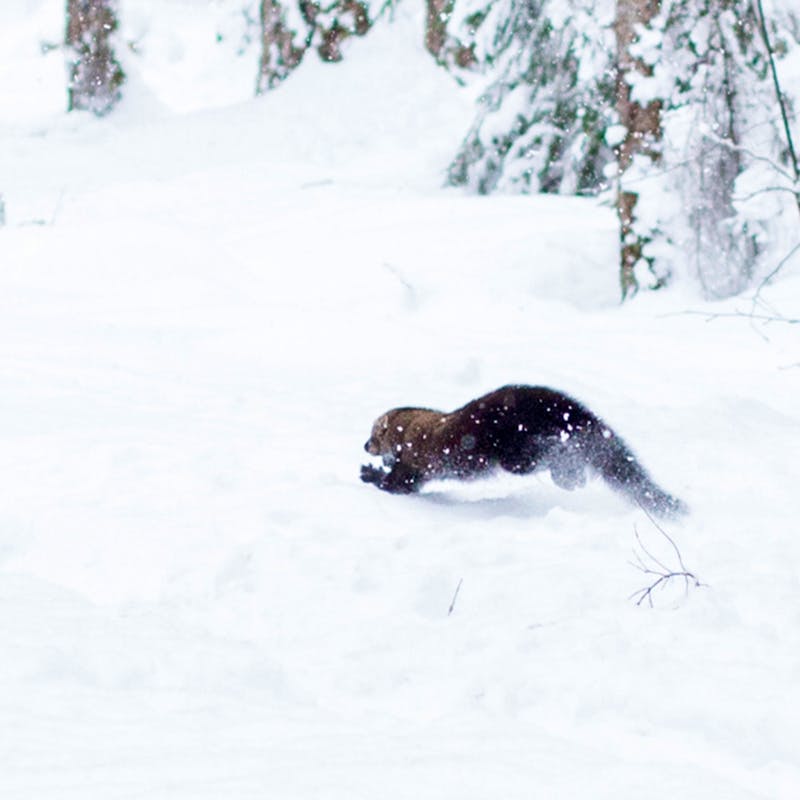Defenders in New York Times!
Reporter April Reese put together a fantastic story on ranchers’ efforts to coexist with wolves in the Southwest that got picked up by the New York Times. The story features Defenders’ expert Craig Miller who works with area ranchers to safeguard their livestock and protect wolves:
“I think in order for wolves to achieve recovery in ecologically meaningful levels, tolerance from landowners, from people using the landscape, is the most important component,” Miller of Defenders of Wildlife said. “This isn’t a biological problem, it’s a social problem. The real challenge is in helping humans accept wolves as part of the landscape.”
There are only 42 Mexican wolves split between Arizona and New Mexico, but even this small population gets in trouble for preying on unguarded sheep and cattle. Thanks to dedicated outreach and funding from Defenders for projects to protect livestock and save wolves, ranchers are able to nearly eliminate losses using nonlethal techniques such as electric fencing, guard dogs and range riders–all without harming wolves.
“I think in order for wolves to achieve recovery in ecologically meaningful levels, tolerance from landowners, from people using the landscape, is the most important component,” Miller of Defenders of Wildlife said. “This isn’t a biological problem, it’s a social problem. The real challenge is in helping humans accept wolves as part of the landscape.”
Defenders’ experts Mike Leahy and Suzanne Stone headed to Missoula this week for the annual conference of the Society for Environmental Journalists. Mike participated in a panel discussion on Wednesday talking about Defenders efforts to protect wolves in the courts. He provided a recap of the ongoing legal battle over listing wolves under the Endangered Species Act and explained the importance of science-based wildlife management. Suzanne helped lead an educational wilderness hike yesterday for reporters interested in learning more about wolves in the area. She will also take part in a panel discussion Saturday morning on finding balance between predators and humans in the wilds of the west. Stay tuned for more details next week, including some video of the event.
New study on wolf genetics
 A study published this month in Molecular Ecology shows that wolves in the Northern Rockies are showing signs of genetic health. Over the ten years following initial reintroduction, researchers analyzed DNA from 555 wolves across Idaho, Montana and Wyoming and found high levels of genetic exchange between regions and low levels of inbreeding. The study suggests that the long-term health of the species will depend on maintaining enough wolves for sufficient genetic exchange and dispersal.
A study published this month in Molecular Ecology shows that wolves in the Northern Rockies are showing signs of genetic health. Over the ten years following initial reintroduction, researchers analyzed DNA from 555 wolves across Idaho, Montana and Wyoming and found high levels of genetic exchange between regions and low levels of inbreeding. The study suggests that the long-term health of the species will depend on maintaining enough wolves for sufficient genetic exchange and dispersal.




